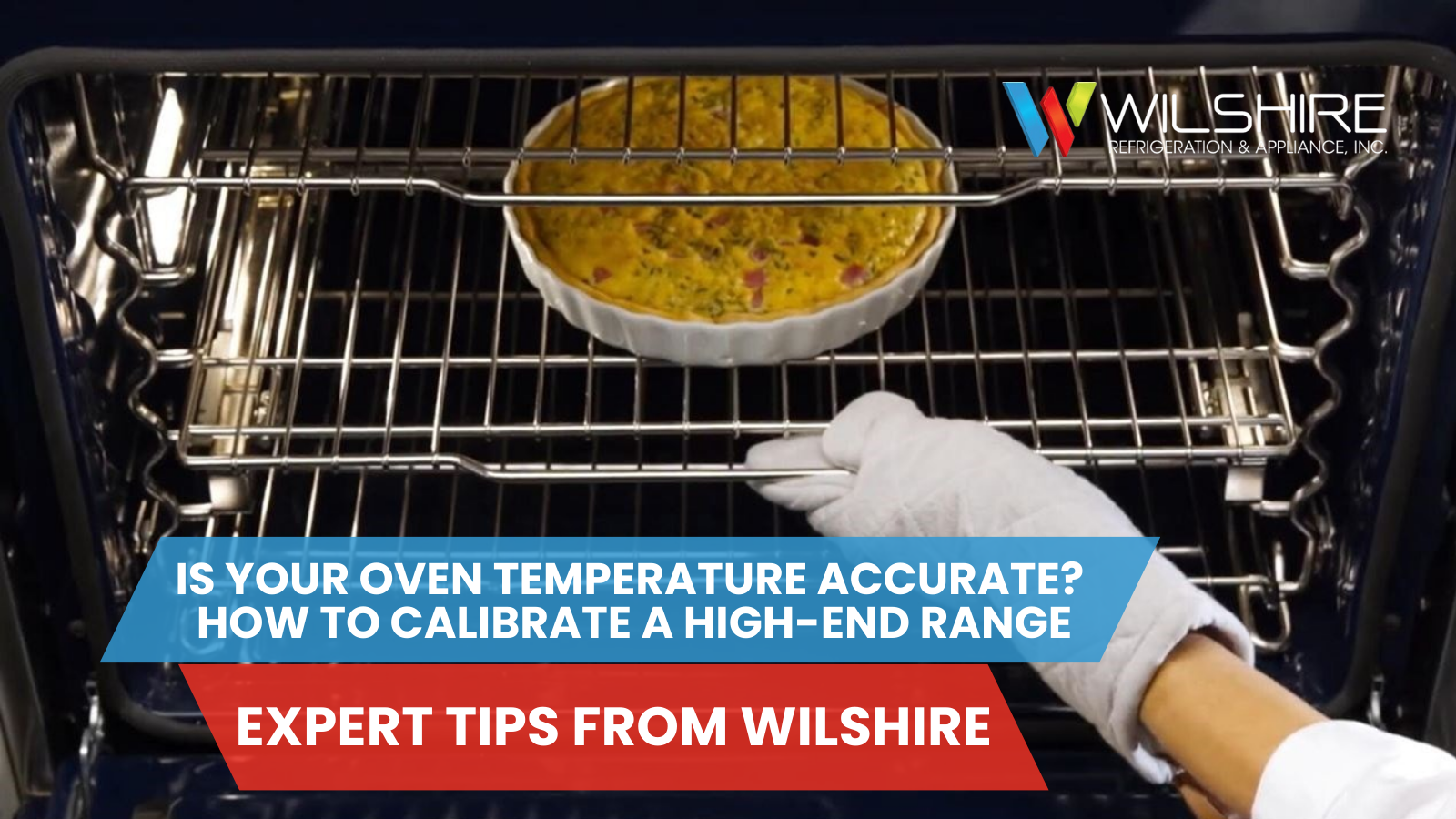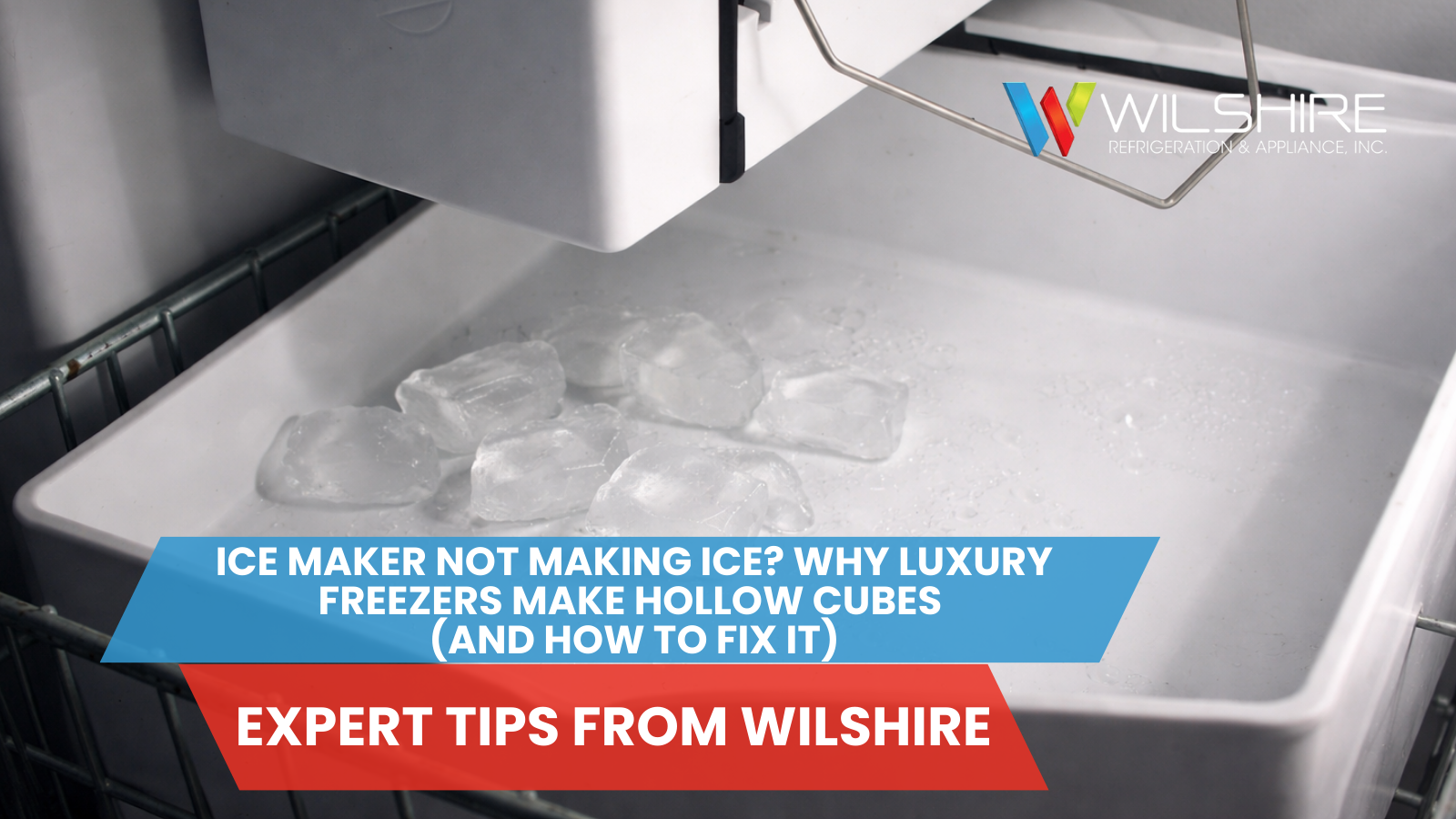Cove dishwashers represent a peak in kitchen technology, recognized for their quiet operation and superior cleaning power within the luxury appliance market. The sudden, frustrating appearance of spotty glasses, stuck-on food, or a cloudy residue is an immediate signal that something is wrong. These issues are more than just inconvenient; they often point to deeper mechanical or maintenance problems requiring professional attention.
Understanding the common causes behind performance dips is the first step. Below are seven key reasons a Cove dishwasher might fail to clean properly, along with advice on when to call for expert Cove dishwasher service.
Why the Dishes Still Look Dirty
If a full cycle finishes and plates are still soiled, the machine is likely struggling with one of these common, and often fixable, snags.
1. Blocked or Clogged Spray Arms
The spray arms must rotate freely and push high-pressure water through every nozzle. Two common obstacles stop this: improper loading that physically jams the arms, or a buildup of food debris and hard water scale that plugs the spray holes. If the water pressure feels weak or is poorly distributed, the arms are the first place to check.
2. A Neglected Filter System
Cove machines rely on a meticulous filter system designed to capture food remnants and prevent clogs. If this filter is not cleaned regularly, the trapped particles become a barrier to water flow. This quickly prevents the machine from draining correctly and drastically reduces the cleaning efficacy of the subsequent wash water.
3. Incorrect Detergent Use
The amount and type of detergent make a significant difference. Using too much detergent often results in a filmy, white residue on dishes, while too little leaves behind grease and oil. Premium appliances like Cove are optimized for high-performance formulas, such as Finish Quantum tablets, which are widely recommended for achieving the best results in these machines.
4. Insufficient Water Temperature
The process of breaking down grease and dissolving food residue demands hot water. While the dishwasher has an internal heater to achieve the required washing temperature, it still relies on the home’s hot water supply for cycle efficiency and speed. If the incoming water temperature is significantly low, the dishwasher may take much longer to reach the optimal temperature for heavily soiled loads, potentially leading to poor results or extended cycle times.
5. Overloading or Poor Loading Practices
It is tempting to try and fit everything into one cycle, but packing too many dishes obstructs the spray patterns and physical movement of the arms. Large utensils, tall plastic containers, or pans can cast “shadows,” preventing water from reaching everything and leaving entire sections of the rack untouched.
6. Empty Rinse Aid Dispenser
Rinse aid plays a dual role: it accelerates the drying process and, more importantly, makes water sheet off surfaces instead of forming spot-leaving droplets. This substance is crucial, particularly in regions with hard water, where mineral deposits will otherwise compromise the sparkle of glassware and the overall cleanliness of the load.
7. Mismatching Cycle to the Soil Level
A machine’s light or “eco” cycle lacks the intensity and duration needed to tackle dried-on messes or heavy food soil. Simply switching the setting to a high-temperature or heavy-duty wash can often resolve cleaning failures when the load demands more aggressive treatment.
When Should I Call a Professional for Cove Dishwasher Repair?
After attempting the basic fixes, like cleaning the filter, adjusting the loading pattern, and confirming the use of the right detergent, if the problem persists, the issue is likely mechanical. This is the point to bring in a trained professional.
- Failure to Respond to Basic Maintenance: You have cleaned the machine, confirmed the water is hot, and ensured proper loading, yet the dishes remain dirty. This suggests a mechanical fault beyond simple user maintenance.
- Immobile Spray Arms: If the arms are physically clear of obstructions but still will not spin or spray water with force, there may be a failure in the circulation pump, motor, or the central water pressure system. A technician must inspect these internal components.
- Error Codes and Alerts: Ignore a displayed error code or flashing indicator lights at your peril. These alerts are the dishwasher’s signal of a specific internal malfunction. Accurate interpretation requires expertise, and ignoring the issue only risks further damage.
- Unusual Odors or Noises: A grinding, buzzing, or persistent musty smell often indicates a part is wearing out or that the water is not completely draining from the tub. These symptoms are clear indicators that a repair is necessary.
- Suspected Part Failure: Inconsistent cleaning, incomplete cycles, or dramatically increased cycle times often trace back to a failing component, such as the heater, a sensor, or the wash pump. Only professional diagnostics can reliably pinpoint the faulty part.
Why Homeowners Choose Wilshire for Cove Service
Servicing a high-end appliance like a Cove requires more than standard repair knowledge. Homeowners across the area trust Wilshire for the precision required for luxury units.
The technicians at Wilshire are factory-trained in Cove’s specialized technology and feature sets. They are specialists in built-in, luxury appliance service, providing fast diagnostics, clean workspace practices, and reliable local support. Wilshire guarantees transparent pricing and a high standard of service that respects the client’s home and time.
Frequently Asked Questions
Why are my dishes still not thoroughly clean?
The most frequent causes are clogged spray arms, a dirty filter, or the machine struggling to reach the required water temperature due to an internal component failure or a very cold water supply.
Is it safe to clean the filters and spray arms myself?
Yes, these are designed for user maintenance. Always reference the owner’s manual for the manufacturer’s instructions on removal and cleaning.
Do Cove dishwashers require specific detergent?
They perform best with premium, high-efficiency detergents like Finish Quantum and require rinse aid, especially in areas with hard water, for optimal results.
What should I check if the dishwasher is not heating water?
First, check your home’s main water heater and the supply line connection. If those are functioning correctly, the fault is likely with the dishwasher’s internal heating element or thermostat, requiring professional service.
How do I know the difference between maintenance and a repair need?
If routine cleaning, proper loading, and detergent checks fail to solve the problem, or if the unit begins displaying error codes or making strange noises, it is time to schedule a professional repair.
Book Professional Cove Dishwasher Repair With Wilshire Today
Still having issues with your Cove dishwasher? Let Wilshire take care of it. Our factory-certified techs get luxury dishwashers working like new again. Schedule your service today or call (818) 898-9999 for same-day service.




